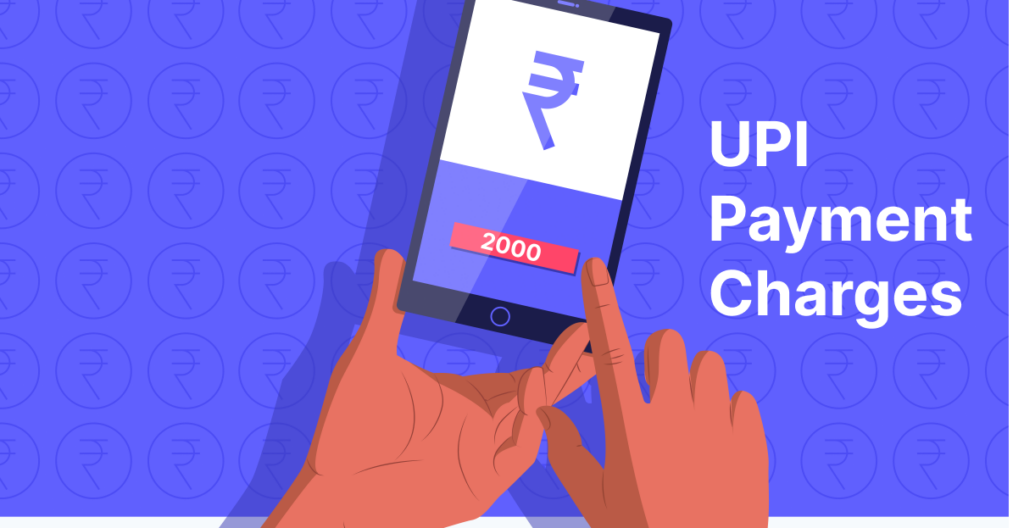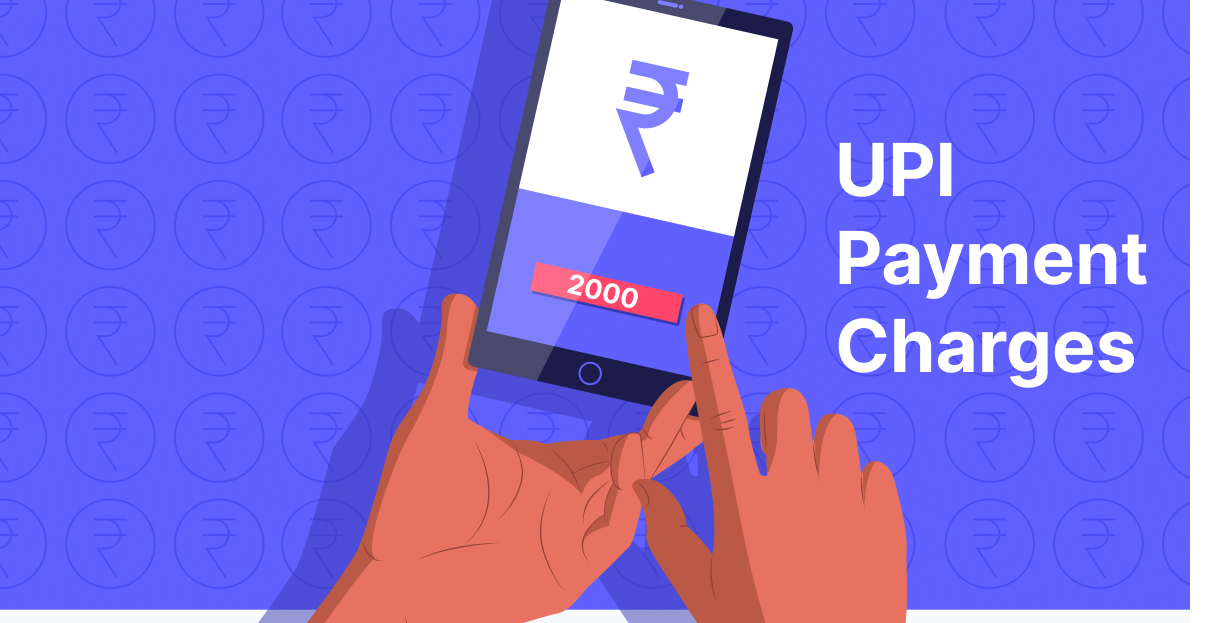
Introduction
The digital payments landscape in India has witnessed tremendous growth in recent years, with the Unified Payments Interface (UPI) playing a pivotal role. As more users embrace digital payments, the National Payments Corporation of India (NPCI) has introduced new regulations to streamline the system and ensure seamless interoperability. In this blog post, we’ll dive into the new interchange fees announced by the NPCI and explore the impact on wallets, merchants, and customers.
New Interchange Fees on UPI Transactions
Starting April 1, the NPCI has introduced an interchange fee of up to 1.1% on merchant transactions made using prepaid payment instruments (PPIs) like wallets or cards through the UPI. This fee will be applicable to UPI payments over ₹2,000 made to various types of merchants. However, lower fees may be applied to certain merchant categories, as per the NPCI’s guidelines.
Wallet Loading Charges and Implications
In addition to the interchange fees, PPI issuers will need to pay a “wallet loading service charge” of 15 basis points (bps) to the remitter bank for loading amounts over ₹2,000 in the prepaid wallet. This pricing structure will be reviewed by September 30, 2023.
How Paytm Payments Bank is Adapting
Paytm Payments Bank, a leading wallet issuer in India, has responded to the new regulations by making its wallets interoperable with all UPI QRs and online merchants. Furthermore, the bank will earn additional interchange revenue from Paytm wallet transactions made to merchants acquired by other payment service providers, payment gateways, and payment aggregators. Paytm Payments Bank will pay and earn the 15 bps charge for adding more than ₹2,000 to its wallets.
Boosting Interoperability for a Seamless Digital Payment Experience
To ensure a smooth digital payment experience, the NPCI has directed UPI service providers and merchants to improve interoperability by clearly displaying UPI payment options by September 30, 2023. This move is expected to increase the use and appeal of wallets, providing customers with more payment alternatives and making it easier for merchants to accept wallet payments regardless of the wallet being used by the customer.
Conclusion
The introduction of interchange fees and wallet loading charges by the NPCI is a significant development in the Indian digital payments ecosystem. While these changes may initially cause a slight adjustment for wallet issuers, merchants, and customers, they will ultimately contribute to the growth and maturity of the digital payments landscape in India. As a result, we can expect a more seamless and secure digital payment experience for all parties involved.
Reference link : https://twitter.com/NPCI_NPCI/status/1640964585267281926/photo/1

